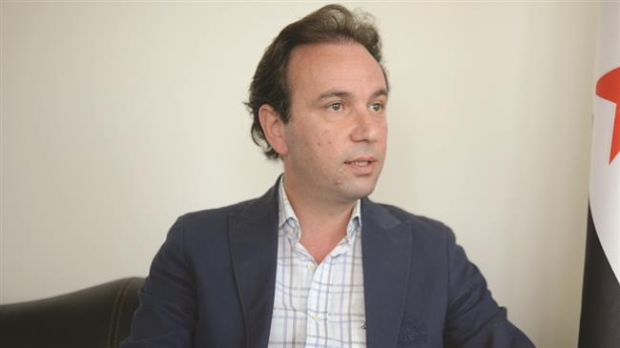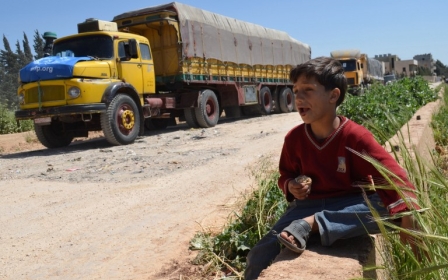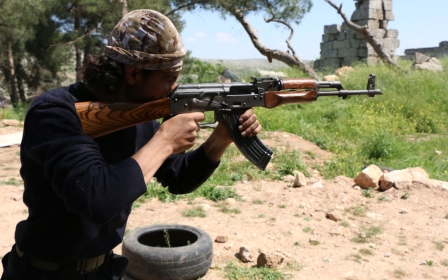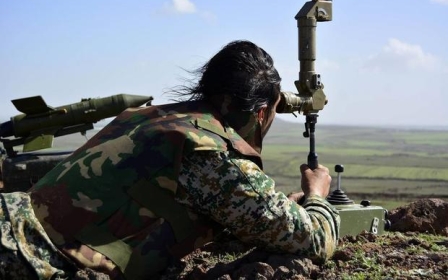Syrian opposition struggles to find common ground in Riyadh
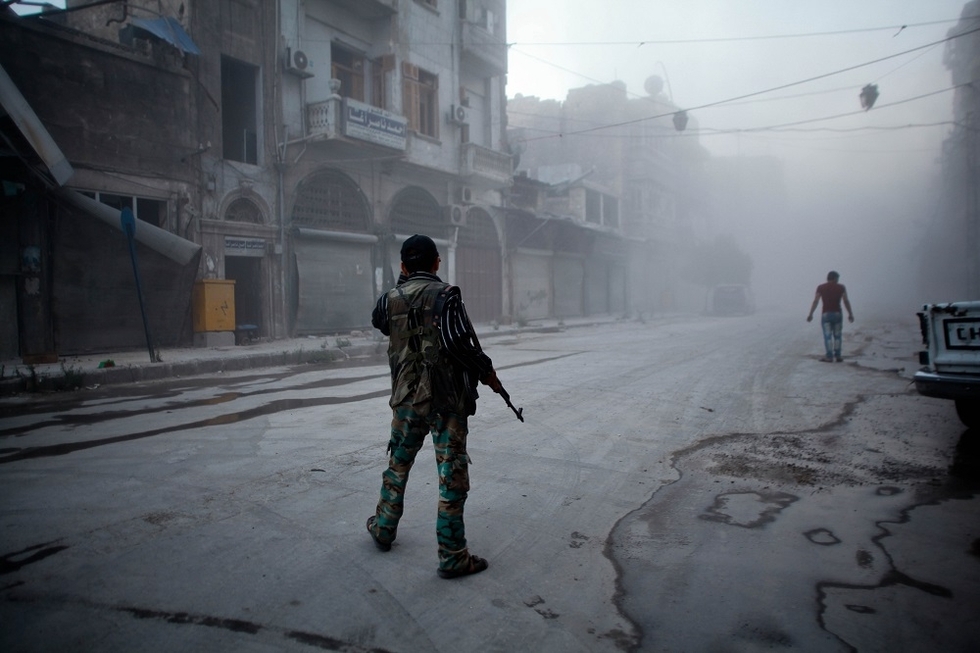
Divisions have opened up at the Riyadh-based Syria opposition talks, with recriminations emerging over the invitation list, although optimism remains that a final joint opposition stance will be agreed.
Hours before the conference was due to resume on Wednesday, one of the key participants criticised the organisers for inviting delegates seen to be too close to the government of Syrian President Bashar al-Assad.
Ahrar al-Sham, a major component in a key Islamist rebel coalition, released a statement on Wednesday morning decrying the organisers for inviting “people who are closer to representing the regime than our people’s revolution”.
In its statement the group set out five demands going into the negotiations, including the complete dismantling of Assad’s security and military apparatus and a guarantee that a post-Assad Syria will not be partitioned along political or religious lines.
The fifth demand is a guarantee that the “Islamic identity of the Syrian people” is maintained.
The landmark conference, which began on Tuesday and ends tomorrow, has brought together key players in the Syrian opposition in hopes of unifying factions opposed to Syrian President Bashar al-Assad.
More than 100 delegates from Syria’s splintered opposition has been invited to the meeting, the largest since the start of the conflict in 2011.
The talks take places ahead of a large international drive aimed at trying and end the almost five-year long conflict. The US is due to host the latest round of peace talks in New York on 18 December, although the Russian RIA news agency on Wednesday reported that the UN, US and Russia would hold three-way talks in Geneva on 11 December.
US Secretary of State John Kerry is due to fly to Moscow next week for talks, in hopes of building momentum and finding common ground with the Russians who have been long-time supporters of Syrian President Bashar al-Assad.
Tentative progress
Despite controversy over the delegate list, hopes for the landmark conference in Riyadh remained high, with the head of the Syrian National Coalition Khalid Khoja calling the talks “decisive”.
Just hours after the talks began, sources told Al-Jazeera that delegates had agreed that the main aim of negotiations should be establishing a civil, rather than a military or theocratic, state in Syria.
Of a total of 104 political and military leaders invited, only two declined to attend.
One of them, Haytham Munaa – who founded the Current for Civic Rights and Values in May 2015 – said the group’s members had voted to withdraw from the conference because it would mean working alongside groups accused of terrorism.
In a column for Arabic-language daily al-Rai al-Yaum on Tuesday, Munaa also wrote that the decision to exclude the Patriotic Union of Kurdistan (PUK) had led his group to boycott the talks.
Kurds meet in Syria
Key Kurdish opposition groups that have played a major role in military successes against both Islamic State and forces loyal to Assad, such as the Democratic Union Party (PYD), were not invited to the conference.
Instead, Kurdish groups gathered in the north-eastern Syrian town of al-Malikiyeh on Tuesday for their own separate two-day conference called the Syrian Democratic Conference.
Participants included members of Syria's leading Kurdish movement, the Democratic Union Party (PYD), which has been excluded - along with its armed affiliate - from the Riyadh conference.
"The forces that defended the people, suffered the events in Syria and remained on the ground are those most deserving to solve the crisis in Syria, without any interference from the interests of regional powers," Wael Mirza, an Assyrian representative at the Syria conference, said at the start of the talks.
During the second day of talks in al-Malikiyeh on Wednesday, delegates voted to establish a new body called the Democratic Syria Assembly to act as the official representative of the Syrian Democratic Forces, an alliance of mainly Kurdish, Assyrian and Turkmen fighters created in October to fight government forces and IS.
New MEE newsletter: Jerusalem Dispatch
Sign up to get the latest insights and analysis on Israel-Palestine, alongside Turkey Unpacked and other MEE newsletters
Middle East Eye delivers independent and unrivalled coverage and analysis of the Middle East, North Africa and beyond. To learn more about republishing this content and the associated fees, please fill out this form. More about MEE can be found here.


